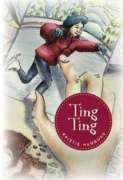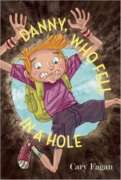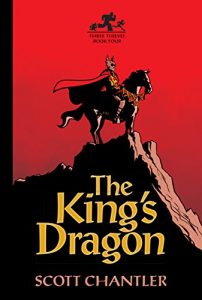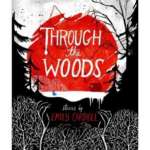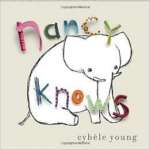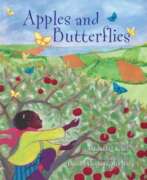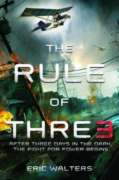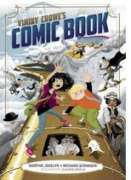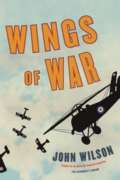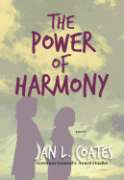
Jennifer’s dream is to become a famous singer–except she’s terrified of singing in public. Since her best friend moved away, Jenn has become the target of the bullies at school. But when a Native girl, Melody, joins the class, the bullies have a new victim. Jenn’s heard what people, including her own grandmother, say about “those people.”

